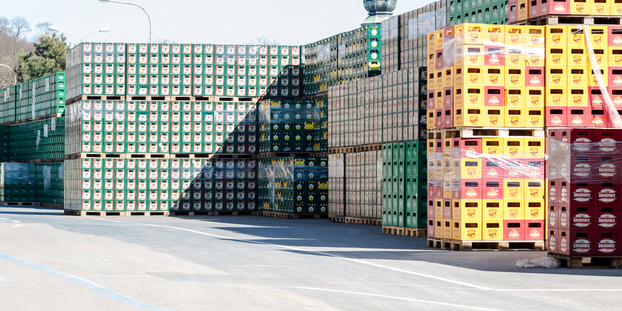
Scaling up is hard to do. Some of it is the risk and the capital, but there’s also the practical issues like space. Smaller breweries are, well, smaller. Even if you can handle the order volumes needed for your canning and bottling needs, you might not have any place to put them. When space is at a premium, smaller brewers can’t sacrifice space for storage that is better utilized for brewing equipment. Luckily the craft beer market has grown to such a size that more solutions have emerged to accommodate a variety of situations.
Berlin Packaging for example is now putting its massive size and economies of scale to use for craft brewers. Not only does Berlin’s buying power enable them to source in-demand materials such as aluminum cans and glass bottles for packaging at a fraction of the cost, but they’ll house the inventory until needed (a virtue of having more than 100 warehouses throughout the country), freeing up much-needed space for brewing.
This approach alleviates a variety of craft brewery headaches. Some examples.
Great Central contract brewery buys on-demand
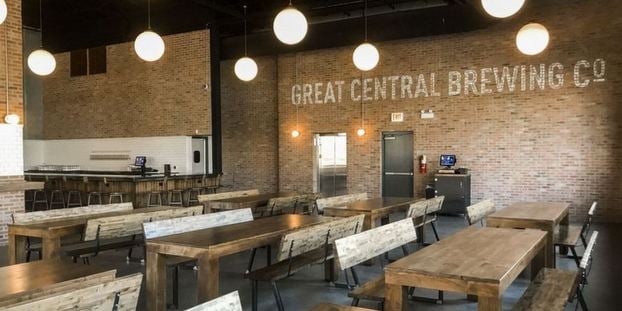
Located in Chicago’s West Loop, space is at a premium. Coupled with Great Central Brewing’s 10-plus client roster — all with multiple SKU’s — they were looking at operating in a space where a majority of the square footage would be for housing pallets of cans.
“Successful manufacturing companies thrive by finding efficiency in all phases of their business,” said David Avram with Great Central Brewing. “As a nationwide contract manufacturer of craft beer, our business at Great Central focuses on providing reliable, scalable and quality-focused production for craft breweries. One of the ways Great Central Brewing Co. helps clients build their business is through the on-demand and cost-effective sourcing of aluminum cans, ends and trays.”
With Berlin Packaging’s buying power and warehousing capabilities, Great Central can buy from them on an on-demand basis, which has allowed them to install more brewing tanks that would normally have been taken up with inventory. Athletic Brewing out of Connecticut also has a similar partnership with Berlin for on-demand inventory. The positive result is less demand on cash flow for Great Central and its clients, allowing them to more aggressively invest in their marketing, distribution and sales growth.
“Berlin moves quickly and adapts to our forecasting, which allows us to pursue growth opportunities with confidence,” Avram said. “Whether one is a micro or regional craft brewing company, we know we can fill our client’s need with precision.”
THAT Brewery uses offsite warehousing flexibility

THAT Brewery sits midway between Flagstaff and Phoenix and had been renting shipping containers as storage areas for product waiting to be shipped rather than sacrifice brewing space. Realizing the inefficiencies, Berlin worked with THAT to provide warehousing options to store product off-site in between shipments, as well as providing raw materials for canning and bottling. This is similar to the model Great Central is using, but
slightly different. Great Central increased production capacity, whereas eliminating the storage units for opened up space, decreased their rental fees for storage units, and with credit terms, have opened up cash flow to add a new canned item. Fossil Creek IPA was just released in cans and will soon be their first item in a 15pack carrier. In fact, Berlin and its manufacturing partner helped them design and create the 15-pack popup bottom box which will not require additional manual labor steps of taping or gluing the bottom helping in efficiency.
RELATED: Packaging on a budget: Four solutions your craft brewery should consider
Bow & Arrow finds unique bottle options
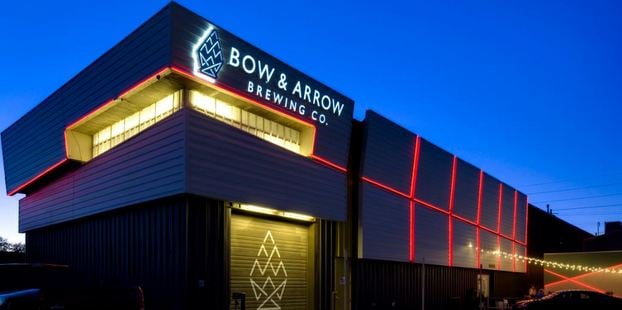
Bow and Arrow Brewing in Albuquerque, N.M., worked with Berlin Packaging to procure innovative glass options and offered suggestions on more unique bottles than the standard long neck and heritage styles.
“We took an unusual STOCK item, and made it fit into the beer space,” the Berlin rep that worked with Bow and Wrrow explains. “We were able to outfit them into designs less common for a brewery — including an amber champagne bottle — in its place. They had no idea where to even start for sourcing, so I sent sample ideas to get them moving in the right direction. We tested out a few different styles and continue to try and invent new or even more vintage looks that move away from a domestic bulk bottle and instead into a craft item. They were the brainchild of their own labels, which in combination with the shape make a shelf-stunning product. The colors and foils are resonant of the Southwest and give so much character to the pride they take in every decision.”
New Orleans breweries team up for orders
For these breweries, cost of freight was becoming an issue. For a lot of small brewers, they’re forced to either order massive amounts of inventory to save money (which makes for storage headaches) or they pay a premium to get smaller, more manageable shipments. With Berlin holding such massive inventory, breweries of this size can work in tandem to split deliveries, which allows them to save on shipping as well as keep on-hand only what they have space and capacity for. The easiest way to explain it is to think of it like Uber Pool for supply chain management, and instead of a few people in an SUV, there’s thousands of cans and bottles in an 18-wheeler, dropped off just where they’re needed.
This is exactly what NOLA Brewing, Urban South and Port Orleans did.
“It came together through prospecting and knowledge of the beer business. We recognized the pain points for many breweries and knew we had a better solution,” a Berlin rep explained. “The key to assist these breweries is the ability for us to ship in mixed TLs to the area from our warehouse. The more breweries we have, the more often we would ship goods, giving the breweries additional flexibility.”
Berlin approached each of these breweries separately, but the more business Berlin won, the better it was for every brewery, which is why those breweries then started to make referrals. What numbers need to be hit for Berlin to send product out?
“We try and fill full TLs, about 25 pallets, to minimize the amount of freight we have to charge each customer,” the company noted. “The freight price is generally the same, whether I do 10 or 25 pallets. Due to the fragile nature of the cans, we do not ship LTL shipments mixed with other products.”
RELATED: Purchasing co-op Independent Brewers Alliance gets halfway to 1 million bbl buying power

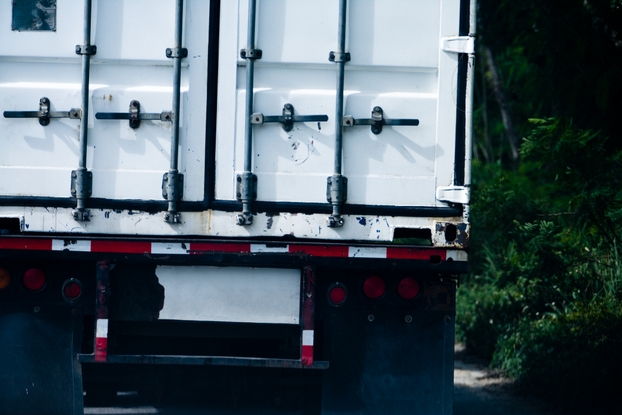

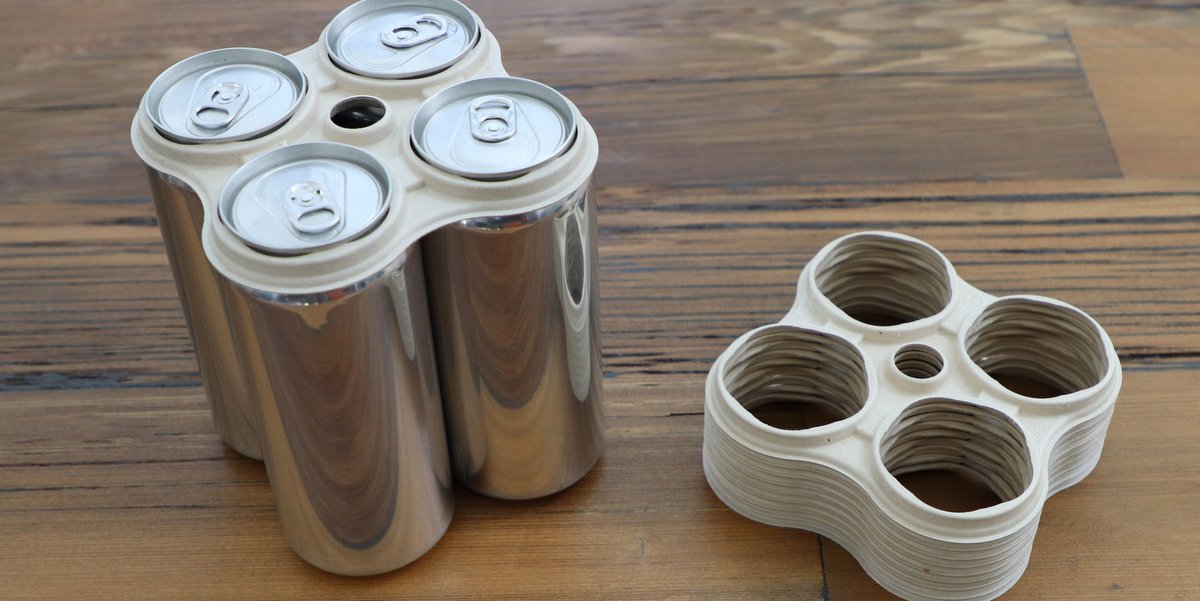
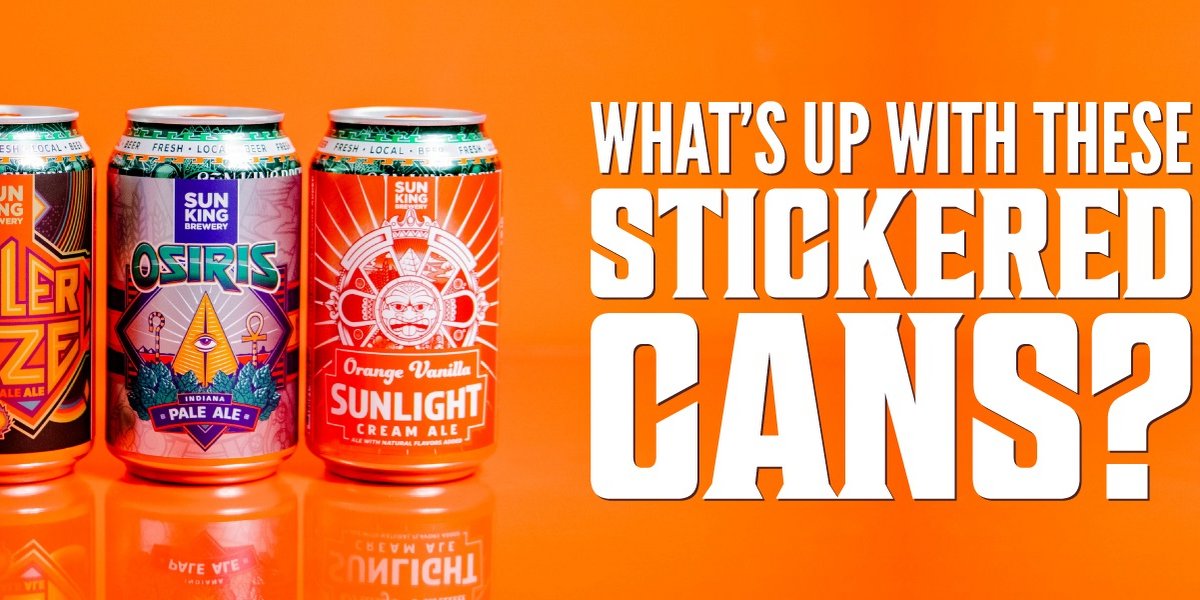
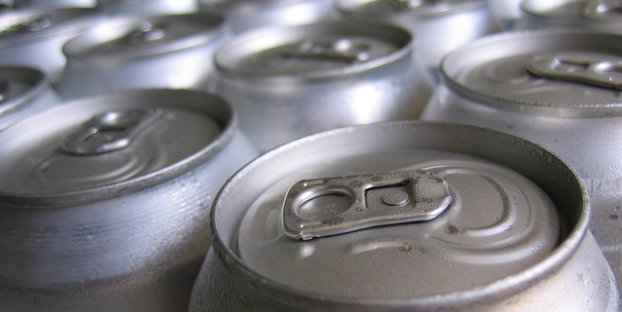
Leave a Reply
You must be logged in to post a comment.